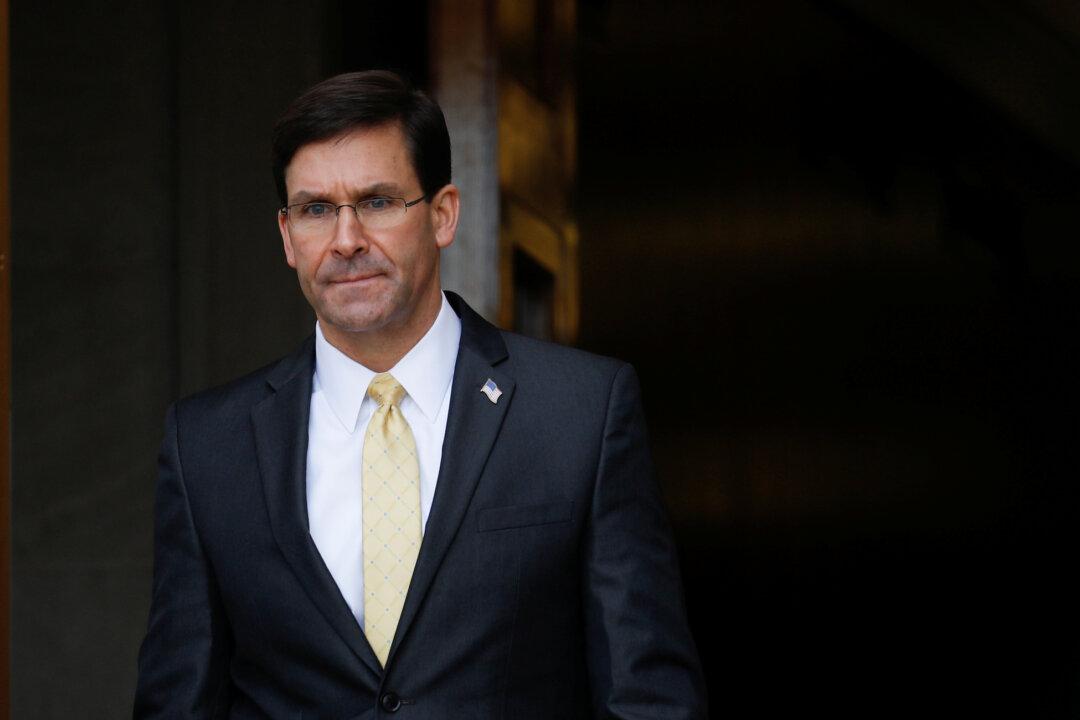The Pentagon is extending its ban on domestic and international travel on all U.S. troops to June 30 in an effort to halt the spread of the CCP virus.
“We understand the impact this has on our service members and their families. However, this is a necessary measure to keep our people safe and our military ready,” Matthew P. Donovan, under secretary of defense for personnel and readiness, announced on April 18 during a conference call with reporters.




